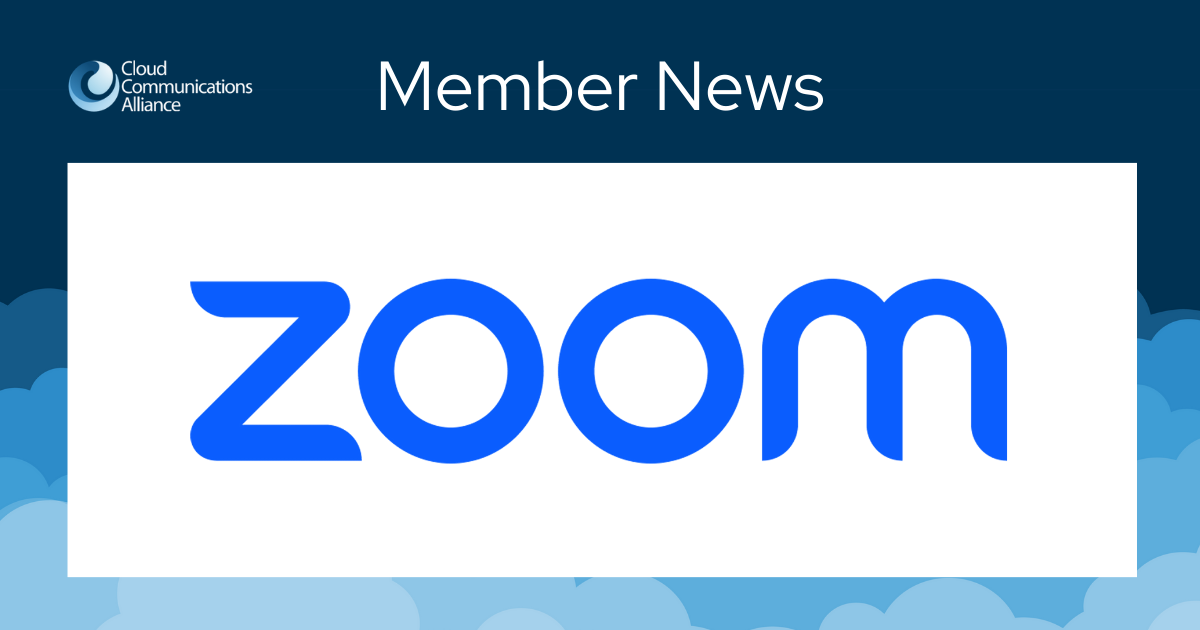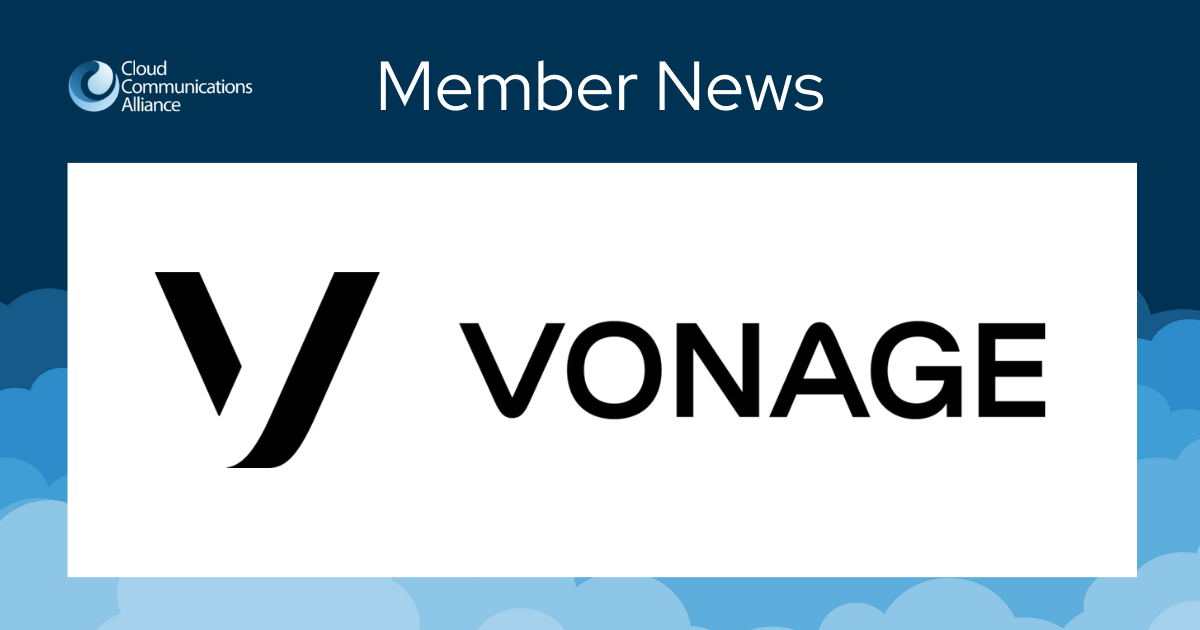Another Round of Robocall Obligations and Still More to Come

On May 19, 2023, the FCC adopted yet another robocall order imposing more obligations on providers and teed up a number of additional issues for comment. The order, which can found here, adopted the following new rules:
- All voice providers must fully respond to traceback requests with 24 hours. Providers must update their robocall mitigation plan in the robocall mitigation database to certify compliance with this 24-hour rule. This requirement will become effective the later of 180 days after the order is published in the Federal Register or 30 days after approval by the Office of Management and Budget. The FCC will issue a public notice with the specific date.
- All originating voice service providers must block illegal traffic upon notification by the FCC that they are carrying identified illegal traffic. Traffic substantially similar to the identified illegal traffic must also be blocked. This replaces that current rule that requires originating providers to take mitigating action (but not necessarily block) traffic upon FCC notice. The requirement becomes effective 180 days after the order’s publication in the Federal Register.
- If a provider receives a notice described above but is not the originating provider, it must immediately identify the upstream provider and take lawful steps to mitigate the traffic.
- Providers downstream of an originating or gateway provider that fails to block calls after FCC notification must block all traffic from that provider. The FCC will issue an order identifying the provider whose traffic must be blocked. Then FCC issued its first such order against One Eye LLC on May 11, 2023.
- All intermediate and terminating providers must take steps to know their immediate upstream provider, effectively making all provides in the call path responsible for the calls that transit their networks. The FCC does not define the exact due diligence steps to be taken other than they be effective. Examples of effective steps include obtaining a physical address, contact person(s), state or country of incorporation, federal tax ID, and understanding the nature of the upstream provider’s business. This requirement becomes effective 180 days after the order’s publication in the Federal Registry.
More to Come
The FCC also teed up more issues for comments, many of which are critical to CCA members. If these issues are of direct interest to you, please reach out to the CCA regulatory committee so we can incorporate your thoughts or concerns in any comments CCA files. Here is very brief list of these issues.
More blocking proposals:
- The FCC proposes to require all providers that terminate traffic to offer analytics-based blocking of calls that are highly likely to be illegal on an opt-out basis, without charge to the customer.
- The FCC proposes to require all providers to block calls using a reasonable Do Not Originate list of invalid numbers or numbers identified by the subscriber as not used for outgoing calls.
- The FCC proposes to require terminating or intermediate providers to block illegal traffic upon FCC notification if it is unable to determine which upstream provider is sending that traffic.
Finalizing Notification Rules: The CCA has been instrumental in obtaining a requirement that providers blocking traffic using analytics immediately send a blocking notification. There has been long-running controversy regarding the appropriate SIP notification code to use for the notification. The FCC proposes to resolve the issue by seeking comment on whether to use new SIP Code 603+ (recently developed by the industry) or SIP Code 608 (specifically intended for analytics blocking but not widely adopted).
Branded Calling or Rich Call Data: The FCC seeks comment on ways to ensure trusted and authenticated caller name information. Trusted information regarding the identity of the caller and the reason for the call can be included in the SIP header much like authenticated number information. To prevent caller name information from being stripped or changed (which is occurring today), the FCC is seeking comment, at CCA’s request, on whether the information must be passed unchanged.
Call Labeling: Mislabeling of legitimate calls as spam or scam likely is increasing. The FCC has in the past refused to address labeling issues but now is seeking comment on the extent of labeling and issues that are arising.
Please feel free to contact Michael Pryor at mpryor@bhfs.com or Mark Iannuzzi, head of the CCA regulatory committee with any questions or thoughts regarding the upcoming issues.

